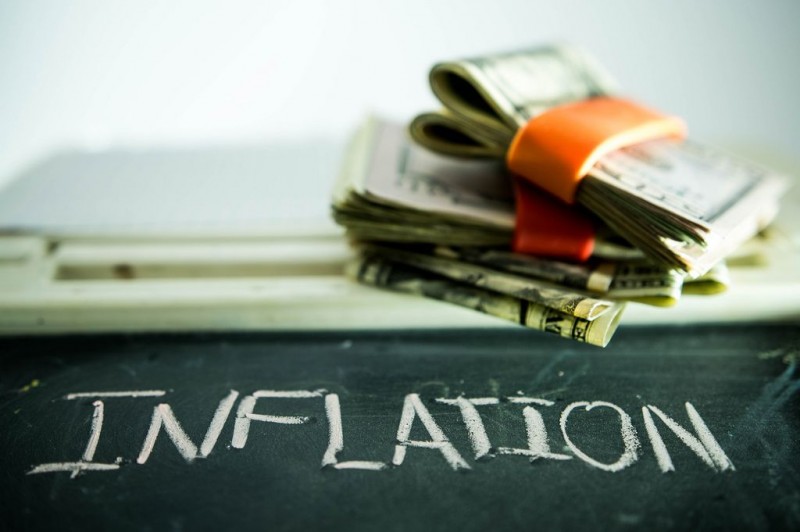
The rising cost of food and beverages has been the main factor driving India's inflation in the fiscal year 2024, according to the Reserve Bank of India (RBI) in its annual report.
The report highlights that the food and beverages category's contribution to overall inflation surged to 60.3% in 2023-24, up from 46% the previous year. The RBI noted that food prices are highly susceptible to supply disruptions, which is hindering the alignment of headline inflation with the target rate of 4%.
Despite these challenges, headline inflation decreased by 1.3 percentage points on an annual average basis to 5.4% in FY24. The RBI attributed this reduction to easing supply chain issues, a broad-based decrease in core inflation, and early signs of an above-normal southwest monsoon.
However, the report warned that frequent climate shocks create significant uncertainty for food and overall inflation forecasts. "Low reservoir levels, particularly in southern states, and the expectation of higher temperatures in the early months of 2024-25 need careful monitoring. Additionally, fluctuations in global crude oil prices, ongoing geopolitical tensions, and volatility in international financial markets present further risks to the inflation outlook," the RBI stated.
Considering these factors, the RBI projects the Consumer Price Index (CPI) inflation for 2024-25 to be 4.5%, with risks balanced evenly.
Is Global Inflation Still a Concern?
The RBI's latest report also addressed global inflation, predicting it will decrease to 4.5% from 5.9% in 2024, driven by stringent monetary policies and lower international commodity prices. However, the report cautioned that the final phase of reducing inflation remains difficult. Persistent supply shocks from adverse climate conditions and geopolitical conflicts continue to pose risks to the disinflation process.
"Major central banks in advanced economies anticipate inflation will gradually reach target levels and have indicated potential rate cuts starting this year. Nonetheless, unexpected inflation increases in recent reports are causing continuous adjustments in market expectations and creating significant volatility in key financial markets," the RBI added.
Here's How UK Inflation Rate Slows to 2.3% in April, Lowest Since July 2021
THIS State Witnesses 134% Growth in Aadhar-enabled Transactions, Check Ranking Here
These Rules Changes from June 1: Aadhaar Updates, Driving Licenses, and More